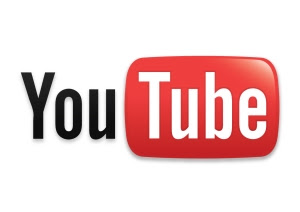Everyone is a journalist
Tuesday, February 1, 2011

TechCrunch recently had a post by Alexia Tsotsis about how the journalists of the future are "you."
Tsotsis talks about how people "are functioning as defacto news aggregators" using currently available tools like Twitter and Facebook. However, much of this information is useless due to the sheer number of tweets and the tiny piece of the picture they provide. That is, unless, it can be organized in some way.
When people (mostly independent of the larger news networks) put a lot of effort into curating and making sense of the hundreds of tweets coming in, they often provided a more concrete picture of what was happening in Egypt and even Tunisia than the large networks who didn't put a lot of stock in those sources. (She notes that Al Jazeera was one of the few mainstream sources covering it well).
This article struck me not only because we are doing many of the same things as these people with our weekly Twitter assignments but because this is the first time we are actually able to witness these tools being used in this way in great numbers and over a long period of time.
People are even using YouTube to get information and direct video of riots with a speed news networks would be hard pressed to replicate.
Accuracy is a real problem, but then others can call Twitter users out on inaccuracy almost as fast as they can post news. The "real" media shouldn't disappear by any means; someone still needs to check the facts with a high degree of accuracy. This does mean that we have the capability to get more news, and even better, real news, out there with nothing more than our eyeballs and the click of a mouse. We are reaching the point where it's nearly impossible to keep the truth from getting out, one way or another. That should be every journalist's goal.
Photo Credit: Creative Commons
2 comments:
I think that anyone can be a self proclaimed "journalist" now. It is so easy for anyone to post anything to YouTube or Twitter and so easy for anyone to access it. Most of these individuals have no authority on the subject they are talking about and therefore have a tendency to report false information. However Twitter and YouTube along with other forms of social media are great tools for modern journalism when they are used correctly.
I think people should be more cautious of what they are displaying on YouTube. Along with inaccurate information that destroys credibility I see thirteen-year-old girls dancing like idiots to a hit song. YouTube can easily destroy someones image.
Post a Comment